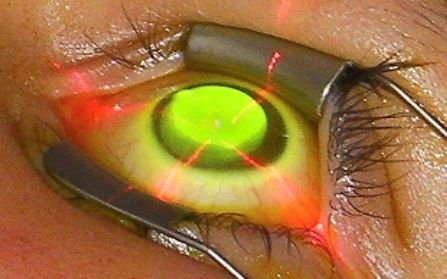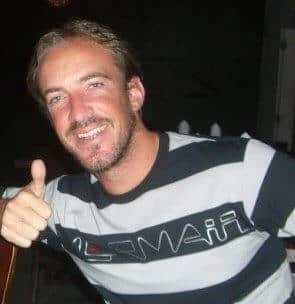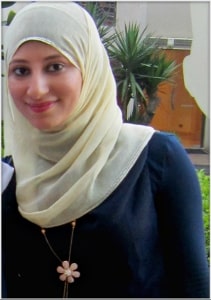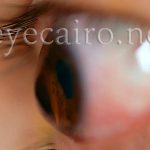Collagen Cross Linking in Egypt
Collagen cross linking (CXL) is a major breakthrough in threating keratoconus or the conical cornea
People with Keratoconus or ectasia develop progressive corneal bulging/ protrusion due to an inherent weakness of the corneal collagen. Collagen basically consists of many adjacent fibrils. The stiffness and strength of collagen is in turn related to the number of links between adjacent fibrils. These cross-links increase spontaneously as we age.

In the last few years a way to medically strengthen the cornea by increasing the number of collagen cross-links has become available. The full name of the procedure is corneal collagen cross-linking with riboflavin, also called C3R or CXL for short. It is used to strengthen the cornea in people with keratoconus or corneal ectasia following complicated refractive surgerry. In doing so, corneal collagen cross-linking can stop keratoconus from worsening. It can also help flatten the central cornea in about 50% of patients, who often experience better vision as a result.
To have an eye consultation with Dr Khalil

CXL was performed in Cairo, Egypt very early after its inception. The procedure is relatively simple, highly effective and completely painless. It’s also very safe, and any complications are extremely unlikely. Dr Khalil is following up many patients with their stabilised corneas, for whom he has performed cross linking years ago, when CXL was just starting. In many instances, when performed properly, it does not only stabilize the cornea, but also leads to noticeable improvement in vision quality.
Following cross linking, other forms of treatment of keratoconus, like RGP lens fitting or femtosecond ring implantation are usually done to improve the visual outcome.
How is cross linking (CXL) performed, what are the steps of collagen crosslinking?

Before the procedure, you’ll be given a local anaesthetic, so you won’t feel any pain
Dr Khalil will carefully and painlessly remove a thin layer on the surface of your cornea, and an accuarately calibrated riboflavin (Vitamin B2) drops will be applied to your eye for adjusted time.
Then, a measured dosage of UV light is applied to your cornea for a further adjusted time at calculated intervals. Together with the riboflavin, the UV light encourages bonds between collagen fibrils to form, strengthening your cornea.
After the treatment, Dr Khalil will apply a contact lens w on your eye to help with healing and make your eye more comfortable. You’ll need to keep this in place for a few days, and you’ll also be given eye drops to use. Any discomfort during healing is usually mild, and should only last the first few days.
- You will need to visit the office of Dr Khalil at a set appointment for necessary follow up and removal of the contact lens
From our patients
Messages from some of Dr Ahmad Khalil Eye Clinic friends, who had their eye operations done by Dr Khalil















Dr Khalil Eye Clinic Specialties
A wide range of eye care procedures is offered at the best standards at Dr Khalil Eye Clinic in Cairo














